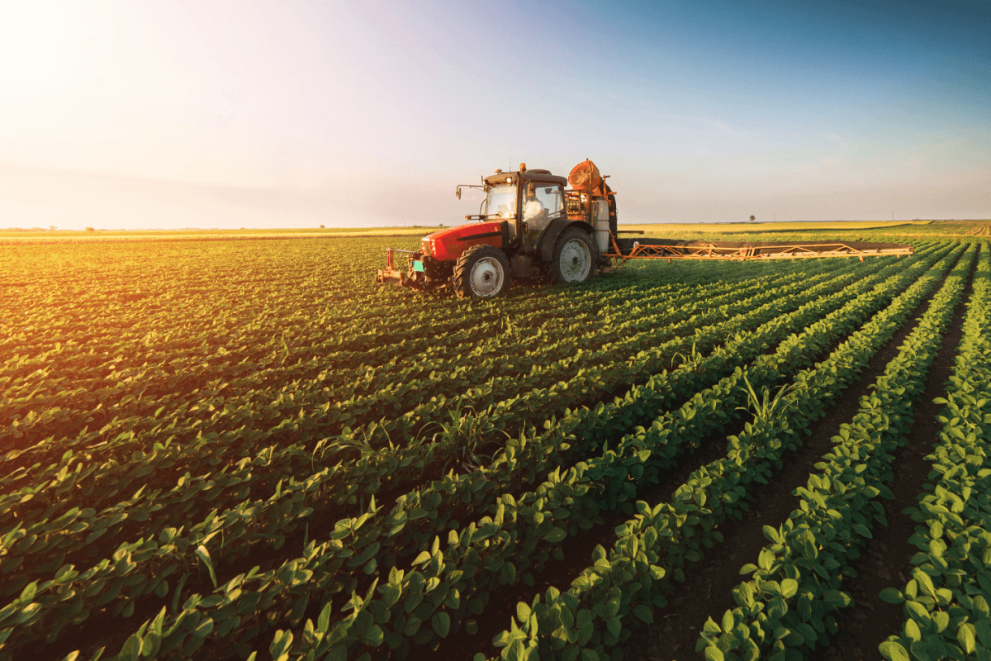
Revolutionizing Industrial Agro-Food Production: Embracing Technology for a Sustainable Future
In today’s dynamic world of agro-food production, the integration of technology has become pivotal in driving sustainability and efficiency. Industrial agro-food production, which caters to the increasing demands of a growing population, must adapt and evolve. This blog post explores the key role of technology in revolutionizing the agro-food industry for a more sustainable future.
Advancements in Precision Farming: Precision farming techniques, such as GPS-guided tractors and drones, enable more efficient use of resources like water and fertilizers. This not only reduces waste but also enhances crop yields, contributing to a sustainable and productive agro-food sector.
Automated Processing Lines: Automated processing lines in food manufacturing have increased productivity and reduced manual labor. Modern machinery ensures consistent product quality and safety, while also minimizing waste and energy consumption.
Data-Driven Decision-Making: The collection and analysis of data from farms to processing plants are now fundamental in optimizing operations. Data-driven decision-making empowers agro-food producers to identify areas for improvement, monitor crop health, and reduce resource usage.
Sustainable Packaging Solutions: Environmentally friendly packaging options are on the rise. From biodegradable containers to innovative packaging materials, the agro-food industry is embracing eco-conscious choices, reducing its carbon footprint.
Smart Supply Chain Management: Smart supply chain technologies enhance transparency, allowing stakeholders to trace food products from farm to fork. This not only promotes food safety but also reduces waste by efficiently managing inventory and distribution.
In the quest for sustainability, industrial agro-food production must embrace technology to optimize operations, reduce environmental impact, and meet the growing demand for food. The future of the industry relies on the innovation and adaptation of new technologies.
